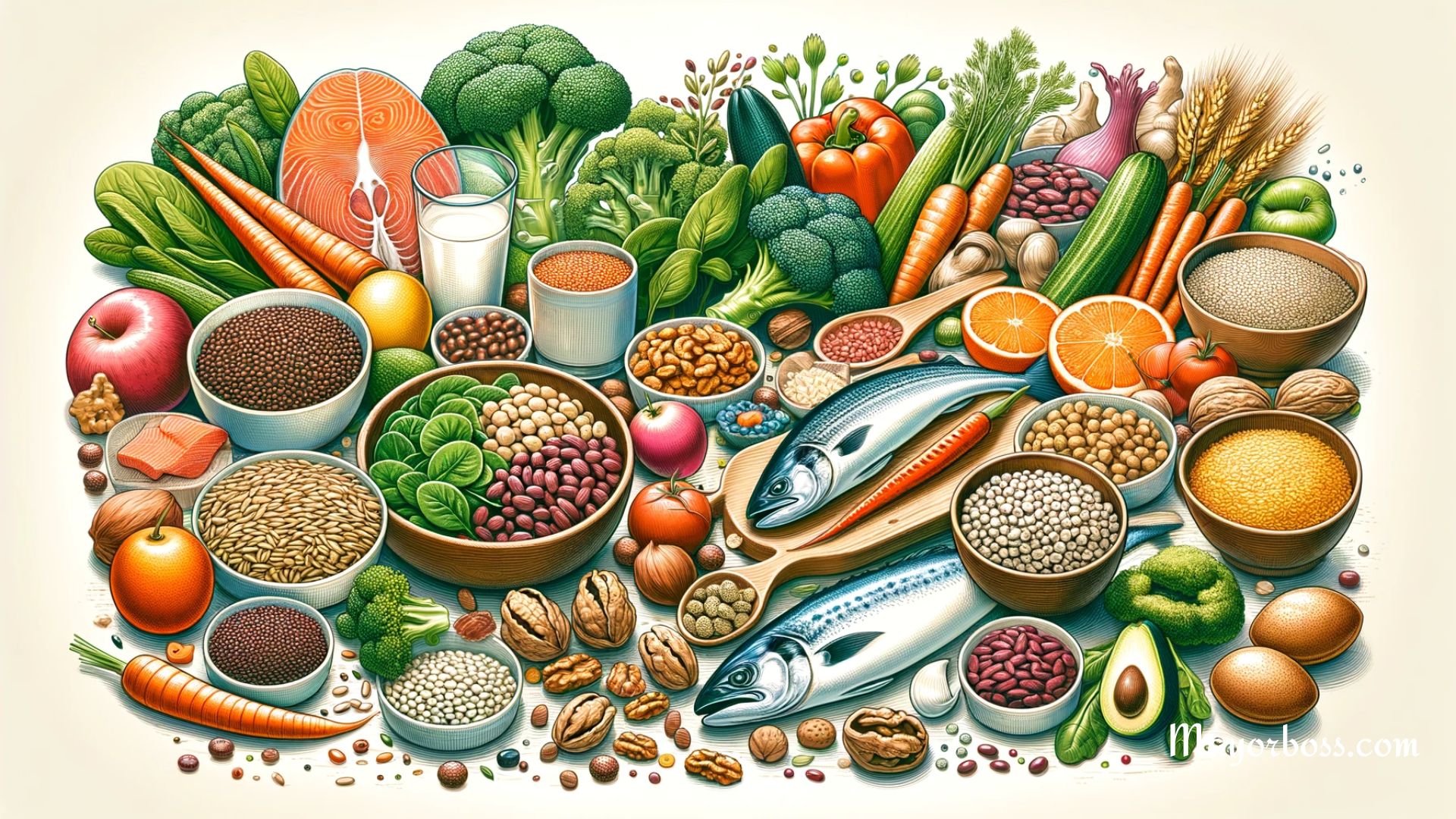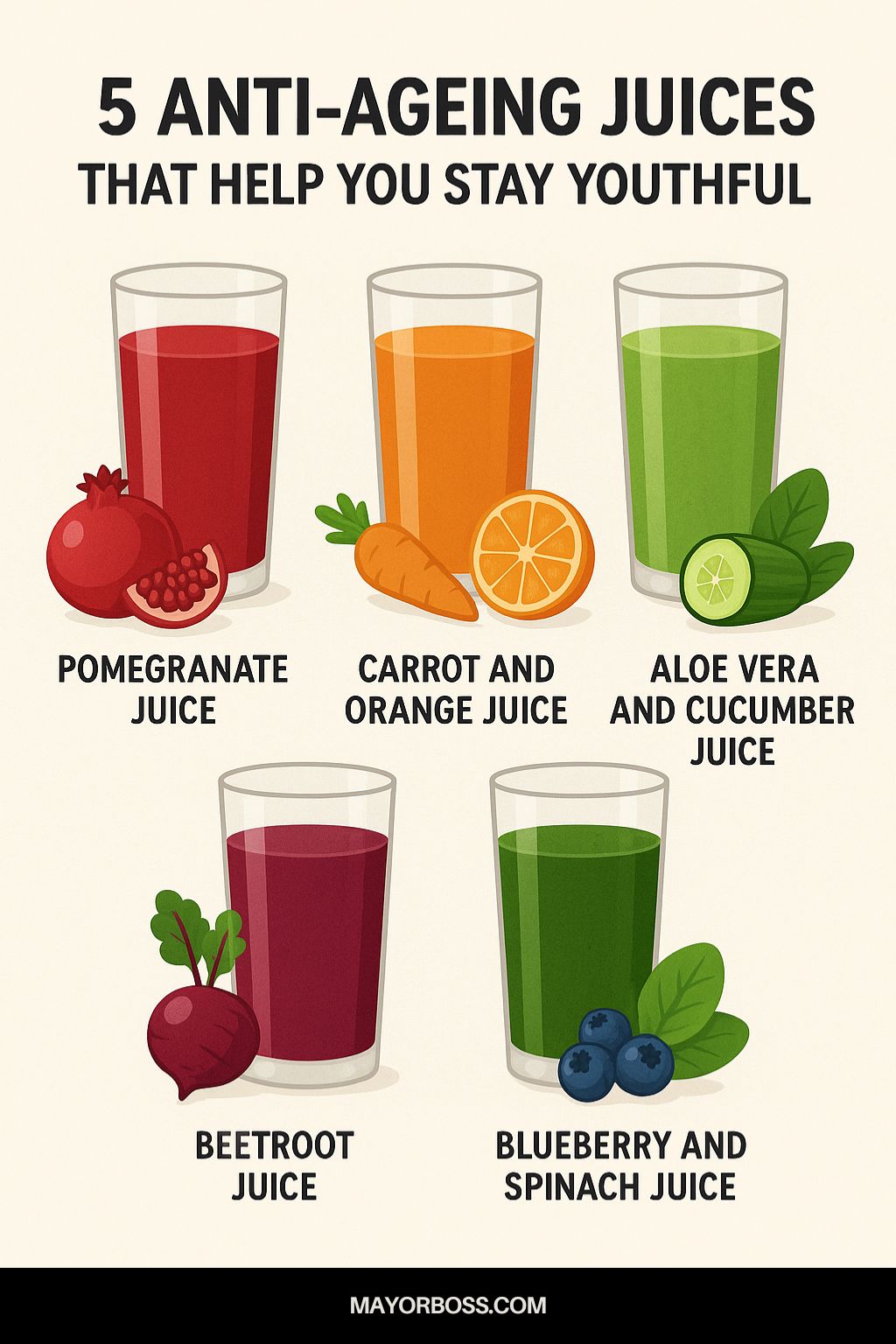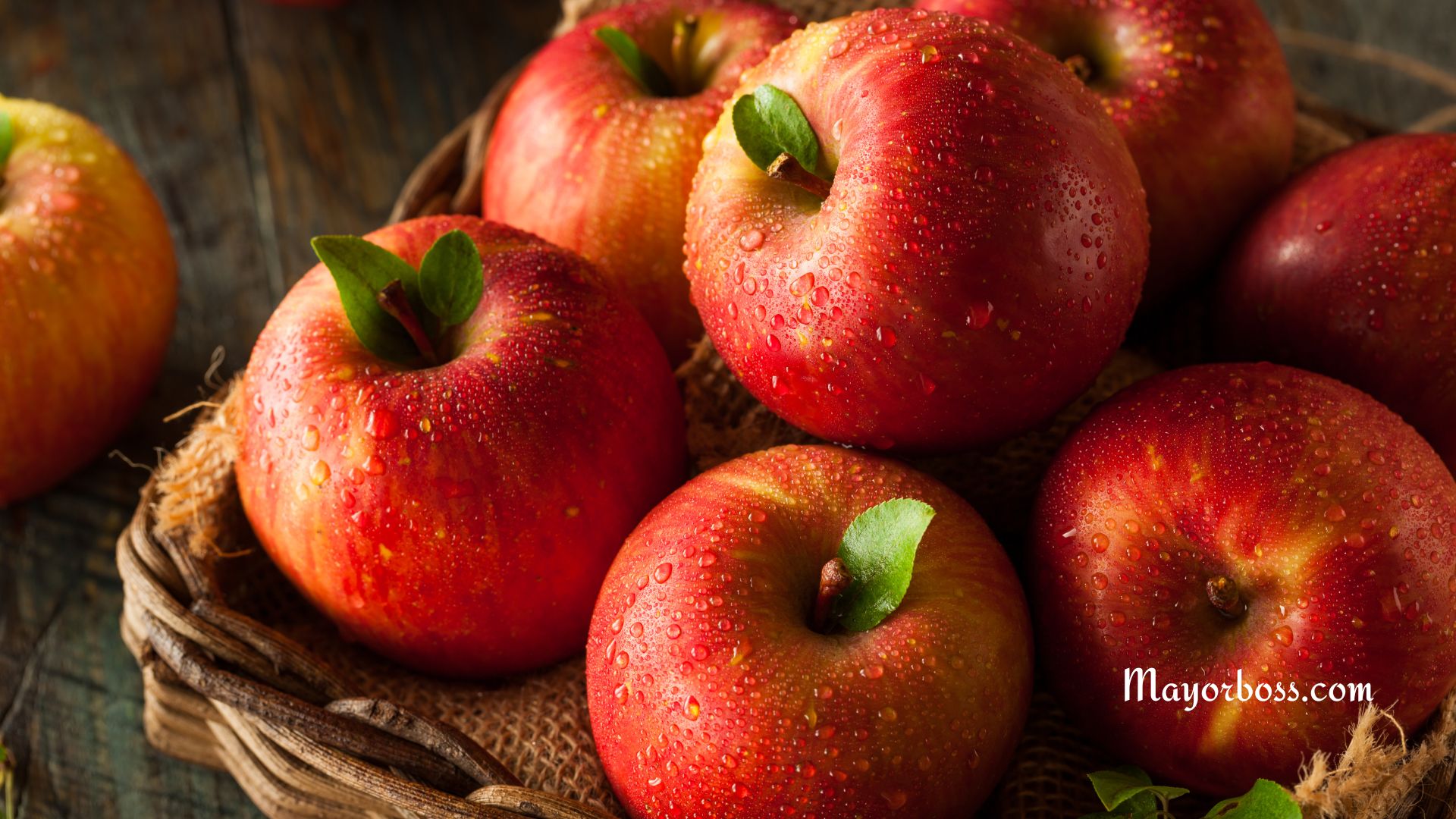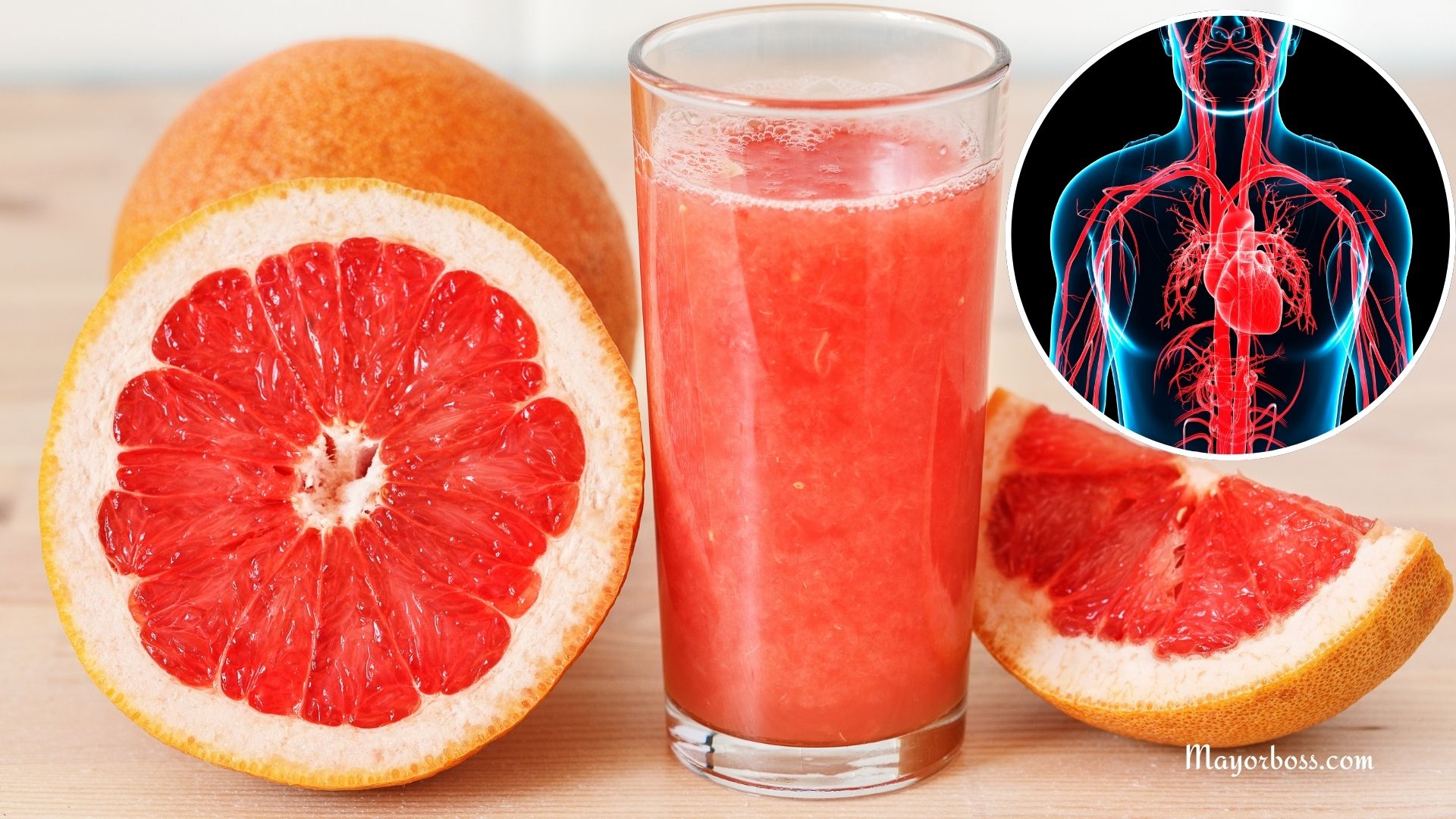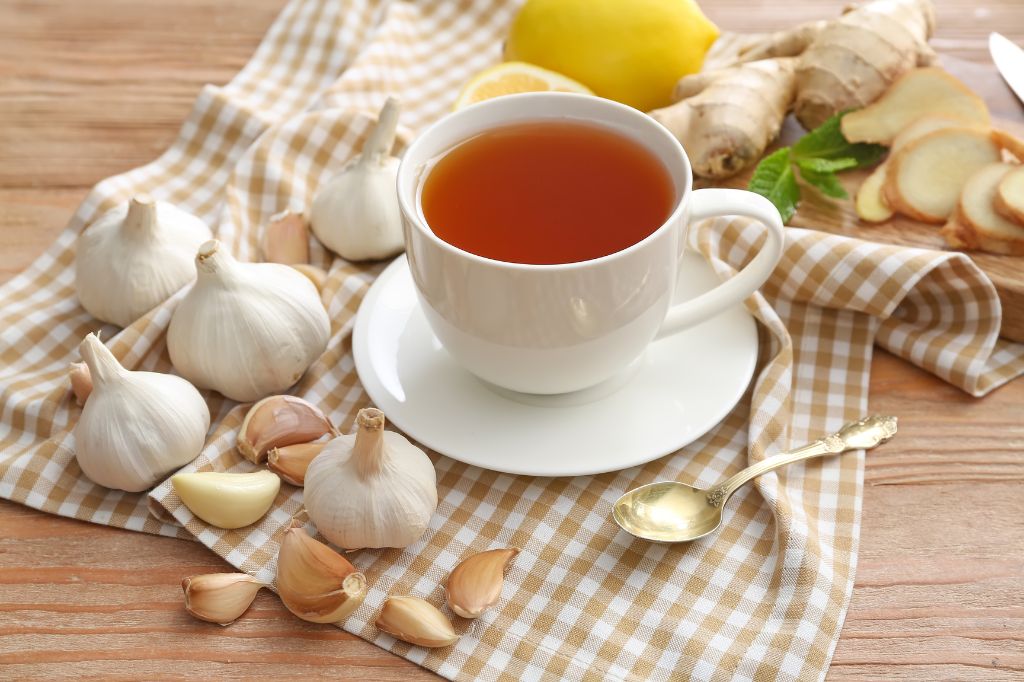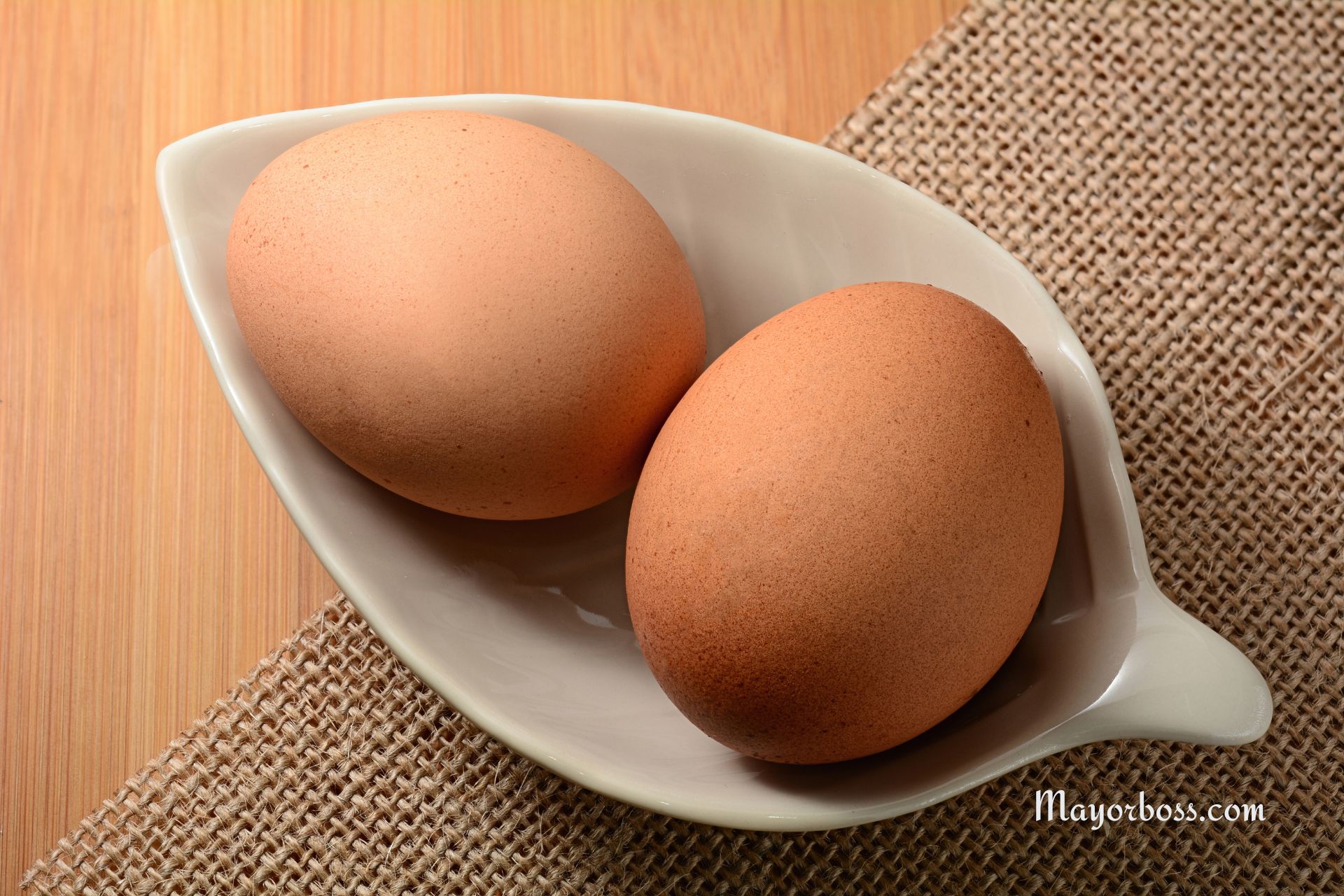Why You Should Wash Vegetables and Fruits After Shopping
Washing fruits and vegetables is a simple but essential step to protect your health. It helps remove dirt, germs, and harmful chemicals before you eat or cook them.
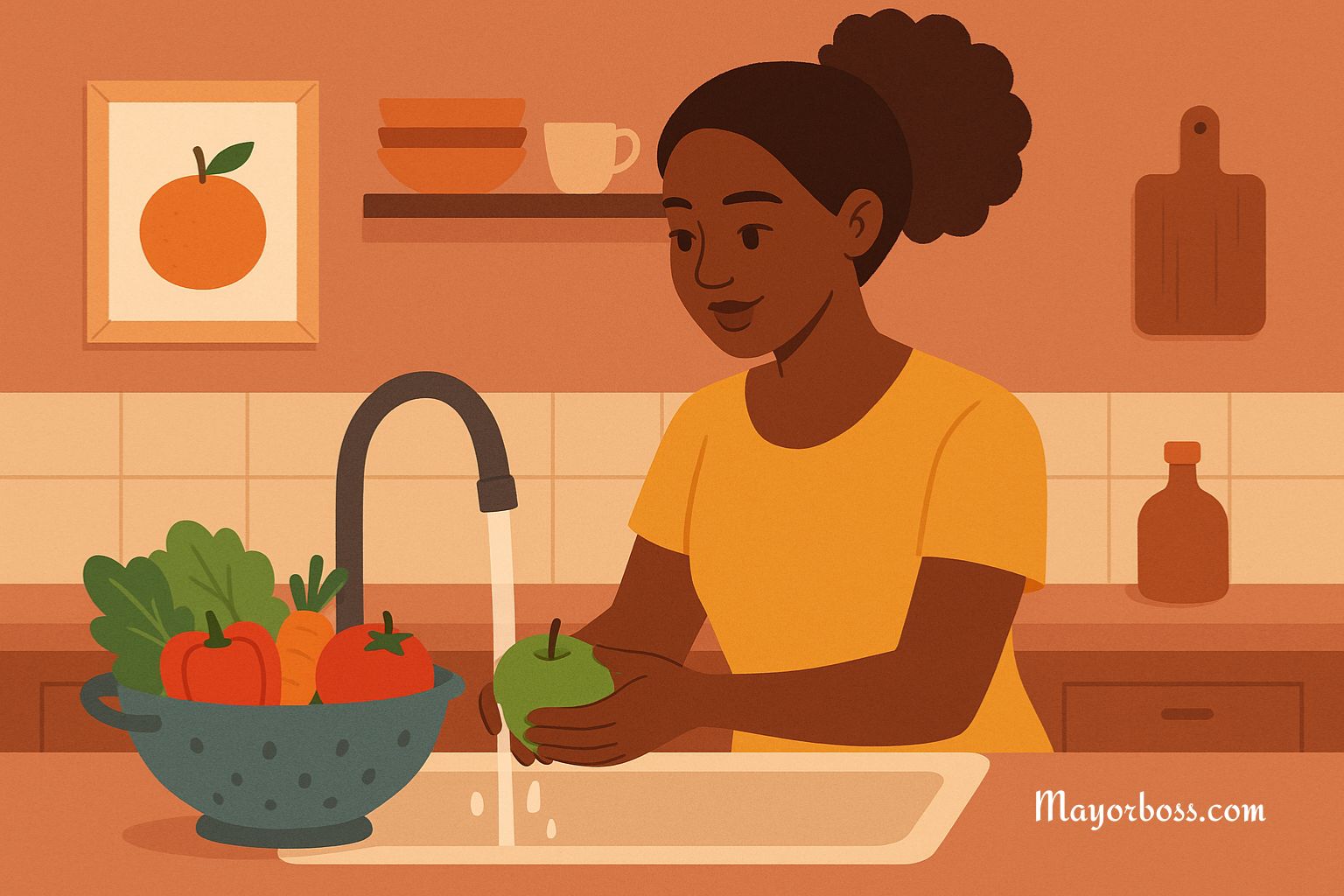
Even if your fruits and vegetables look clean, they may still carry invisible threats. These include bacteria, pesticides, and other substances that can make you sick if you eat them without washing first. Here are reasons why washing your produce is important.
1. Remove Dirt and Dust
Fruits and vegetables grow in soil, and that soil often sticks to them. During harvesting, storage, or transportation, more dirt or dust can get on them. Washing helps get rid of these unwanted particles.
Even pre-packaged produce labeled “pre-washed” may benefit from a quick rinse, especially if you see any visible residue.
2. Wash Away Pesticides and Chemicals
Many farms use pesticides and herbicides to protect crops from insects and weeds. These chemicals can leave residue on the skin of fruits and vegetables, even after they are harvested.
Washing with clean running water can reduce the amount of these substances. While it may not remove everything, it lowers your exposure and makes the produce safer to eat.
For produce with thick skins, like apples or cucumbers, gently scrubbing with your hands or a soft brush can help. For leafy greens, pull them apart and rinse each leaf to remove residues hidden in folds.
3. Get Rid of Germs
Produce can carry bacteria like E. coli, Salmonella, or Listeria. These harmful germs can come from the soil, water, animals, or even human handling during packing and selling.
If you don’t wash your produce, you may accidentally introduce these bacteria into your meals. This is especially risky when you eat raw vegetables or fruits, such as in salads or smoothies.
Washing helps reduce this risk and lowers your chance of getting foodborne illness.
4. Avoid Cross-Contamination
When you bring unwashed fruits and vegetables into your kitchen, germs or dirt can spread to your cutting boards, knives, and countertops. If you then prepare cooked or ready-to-eat foods in the same space, you might transfer bacteria from the produce to your meal.
Washing produce before preparing or cutting it helps stop this chain of contamination and keeps your kitchen safer.
5. Improve Taste and Texture
Washing doesn’t just protect your health—it can also improve your eating experience. Removing dust or residues helps fruits and vegetables taste fresher. It also restores a cleaner texture, especially for greens like lettuce or spinach, which may feel gritty if not rinsed well.
The Right Way to Wash Produce
You don’t need soap or special cleaners. In fact, using soap on fruits or vegetables can leave behind harmful residues that aren’t meant for eating.
Here’s a safe method:
- Use clean running water. Hold the produce under cool water from the tap.
- Rub gently. Use your hands to remove surface dirt. For firm items like potatoes or melons, you can use a produce brush.
- Dry with a clean towel. This helps remove any remaining bacteria and water that could promote mold.
For soft fruits like berries, rinse just before eating. Washing them too early can cause them to spoil faster.
What About Organic Produce?
Even if you buy organic, you still need to wash your fruits and vegetables. Organic farms may avoid synthetic pesticides, but they still use fertilizers, and the produce may still carry bacteria or dirt from the field.
Final Thoughts
Taking a few moments to rinse your fruits and vegetables is a small habit with big benefits. It helps protect you and your family from chemicals, germs, and foodborne illness. Whether your produce comes from the grocery store, a local farmer’s market, or your own garden, always wash it before eating.
This simple step is one of the easiest ways to stay healthy and make your meals cleaner, safer, and more enjoyable.

